Cardinals As Next Pope: Who Are The Leading Contenders?
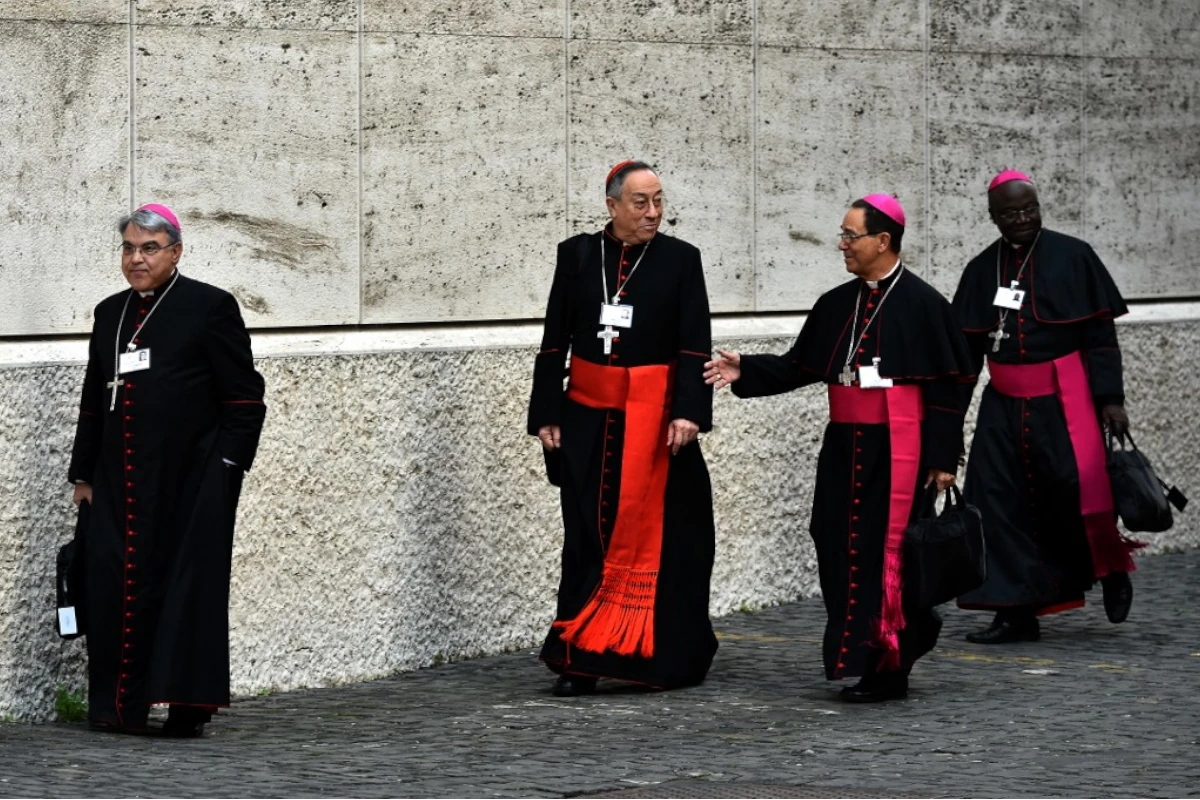
Table of Contents
Key Cardinals Often Mentioned as Papal Contenders
Several cardinals consistently emerge in discussions surrounding the next papal election. While predicting the outcome remains highly speculative, understanding these individuals is key to comprehending the potential trajectory of the Church. Here are a few prominent figures:
-
Cardinal Pietro Parolin (Italy): Currently the Vatican Secretary of State, Cardinal Parolin is considered a strong candidate due to his extensive diplomatic experience and his close relationship with the previous Pope.
- Current Position: Vatican Secretary of State
- Theological Contributions: Known for his pragmatic approach to diplomacy and interfaith dialogue.
- Stance: Generally considered a moderate.
- Experience: Vast experience in international relations and Vatican diplomacy.
- Global Influence: Highly influential in international Catholic affairs.
-
Cardinal Luis Antonio Tagle (Philippines): A highly respected figure known for his pastoral work and engagement with the poor, Cardinal Tagle represents a significant voice from Asia.
- Current Position: Prefect of the Congregation for the Evangelization of Peoples
- Theological Contributions: Focuses on the social justice aspects of the Gospel.
- Stance: Known for his progressive social views, while maintaining adherence to traditional doctrines.
- Experience: Extensive experience in pastoral care and diocesan administration.
- Global Influence: Strong influence within the Asian Church and beyond.
-
Cardinal Marc Ouellet (Canada): Previously the prefect of the Congregation for Bishops, Cardinal Ouellet is known for his conservative theological views.
- Current Position: Archbishop Emeritus of Quebec
- Theological Contributions: Strong advocate for traditional Catholic teachings.
- Stance: Considered a conservative voice within the College of Cardinals.
- Experience: Extensive experience in diocesan administration and theological education.
- Global Influence: Respected within conservative circles within the Church.
(Note: This is not an exhaustive list, and other cardinals may also be considered strong contenders. The inclusion of these cardinals is based on frequent mentions in media speculation.)
Factors Influencing Papal Elections
The election of a new Pope is a complex process influenced by numerous factors, extending beyond simply identifying the most "qualified" candidate. Understanding these factors is crucial to appreciating the nuances of the conclave.
-
The Role of the College of Cardinals: The College of Cardinals, comprised of over 200 cardinals under the age of 80, are the sole electors in the papal conclave. Their individual preferences, relationships, and political alliances heavily shape the outcome.
-
Influence of Theological Factions: The Church houses a spectrum of theological viewpoints, from conservative to progressive. The balance of these factions within the College of Cardinals significantly impacts the election.
-
Geographical Considerations: The papacy's global reach necessitates considering geographical representation. Selecting a Pope from a specific region might reflect a desire to address specific regional challenges or enhance the Church's presence in underrepresented areas.
-
Importance of Experience in Church Governance: Successful leadership of the Catholic Church requires significant administrative and managerial expertise. Candidates with proven experience in diocesan management, Vatican departments, or other high-level Church positions often hold an advantage.
-
Impact of Current Global Events: Global challenges – from political instability to economic crises to environmental concerns – influence the qualities electors seek in a new Pope. The Church's response to these issues is a major consideration.
The Importance of Theological Stances
The varying theological viewpoints within the College of Cardinals profoundly influence the papal election. The candidates' positions on key issues shape their appeal to different factions within the Church.
-
Conservative vs. Progressive Viewpoints: The spectrum ranges from those upholding traditional teachings strictly to those advocating for a more progressive and inclusive approach.
-
Key Theological Issues: Issues such as moral teachings on sexuality, family life, ecumenism, and the Church's role in social justice significantly influence the choices of the electors.
-
Future Direction of the Church: The newly elected Pope's theological stance will significantly determine the future direction of the Catholic Church, influencing its policies, teachings, and engagement with the modern world.
Analyzing the Leading Candidates' Strengths and Weaknesses
Analyzing the strengths and weaknesses of the leading contenders allows for a more nuanced understanding of their potential papacies.
Cardinal Parolin:
- Strengths: Extensive diplomatic experience, strong administrative skills, global network of contacts.
- Weaknesses: Potential perceived lack of strong pastoral experience compared to others.
Cardinal Tagle:
- Strengths: Strong pastoral experience, charismatic leadership, resonates with younger generations.
- Weaknesses: Relatively less experience in high-level Vatican administration.
Cardinal Ouellet:
- Strengths: Deep theological knowledge, unwavering adherence to traditional teachings, significant administrative experience.
- Weaknesses: Potential to be perceived as too conservative by some factions within the Church.
(Again, this is not exhaustive, and a full analysis would require a much more in-depth study of each Cardinal's career and theological stances.)
Conclusion
Predicting the next Pope is a challenging endeavor due to the secretive nature of the conclave. However, understanding the leading cardinals and the various factors influencing their selection provides valuable insight into the potential direction of the Catholic Church. While the specific outcome remains uncertain, examining the strengths and weaknesses of prominent Cardinals like Parolin, Tagle, and Ouellet offers a framework for understanding the complexities involved in choosing the next head of the Catholic faith. The process of selecting the Cardinals as Next Pope is a multifaceted one, shaped by theology, geopolitics, and the unique personalities and experiences of the electors. Continue to follow news and analysis surrounding the Cardinals as Next Pope to stay informed on this pivotal moment in the Catholic Church's history. Learn more about the leading contenders for the next papacy by exploring further resources on [link to relevant resources/articles].

Featured Posts
-
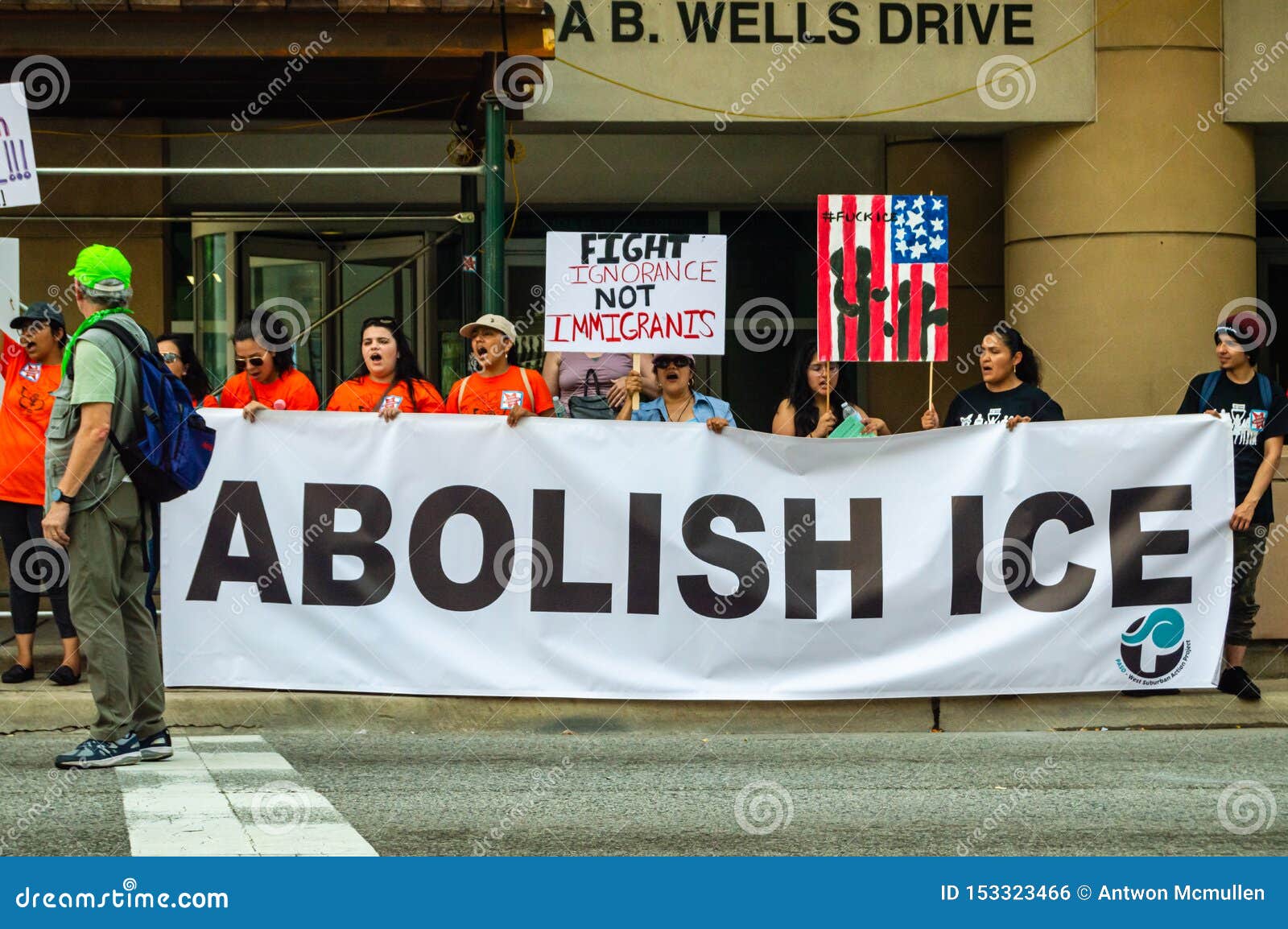 Ras Barakas Arrest A Closer Look At The Ice Detention Center Protest
May 11, 2025
Ras Barakas Arrest A Closer Look At The Ice Detention Center Protest
May 11, 2025 -
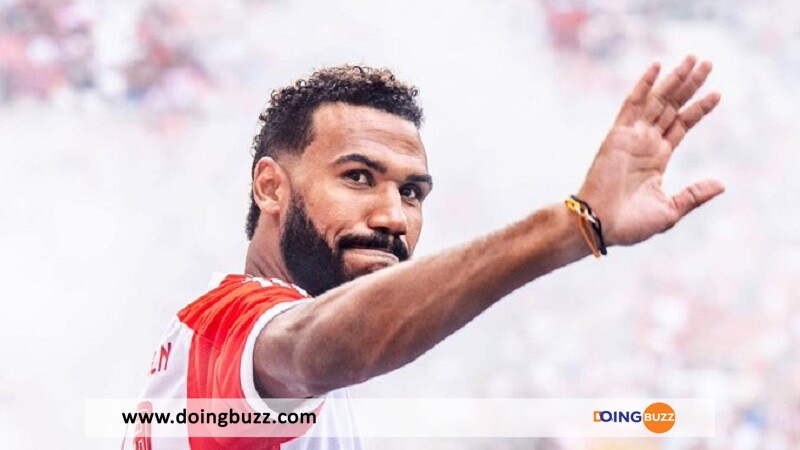 Thomas Mueller Quitte Le Bayern Munich Apres 25 Ans La Fin D Une Ere
May 11, 2025
Thomas Mueller Quitte Le Bayern Munich Apres 25 Ans La Fin D Une Ere
May 11, 2025 -
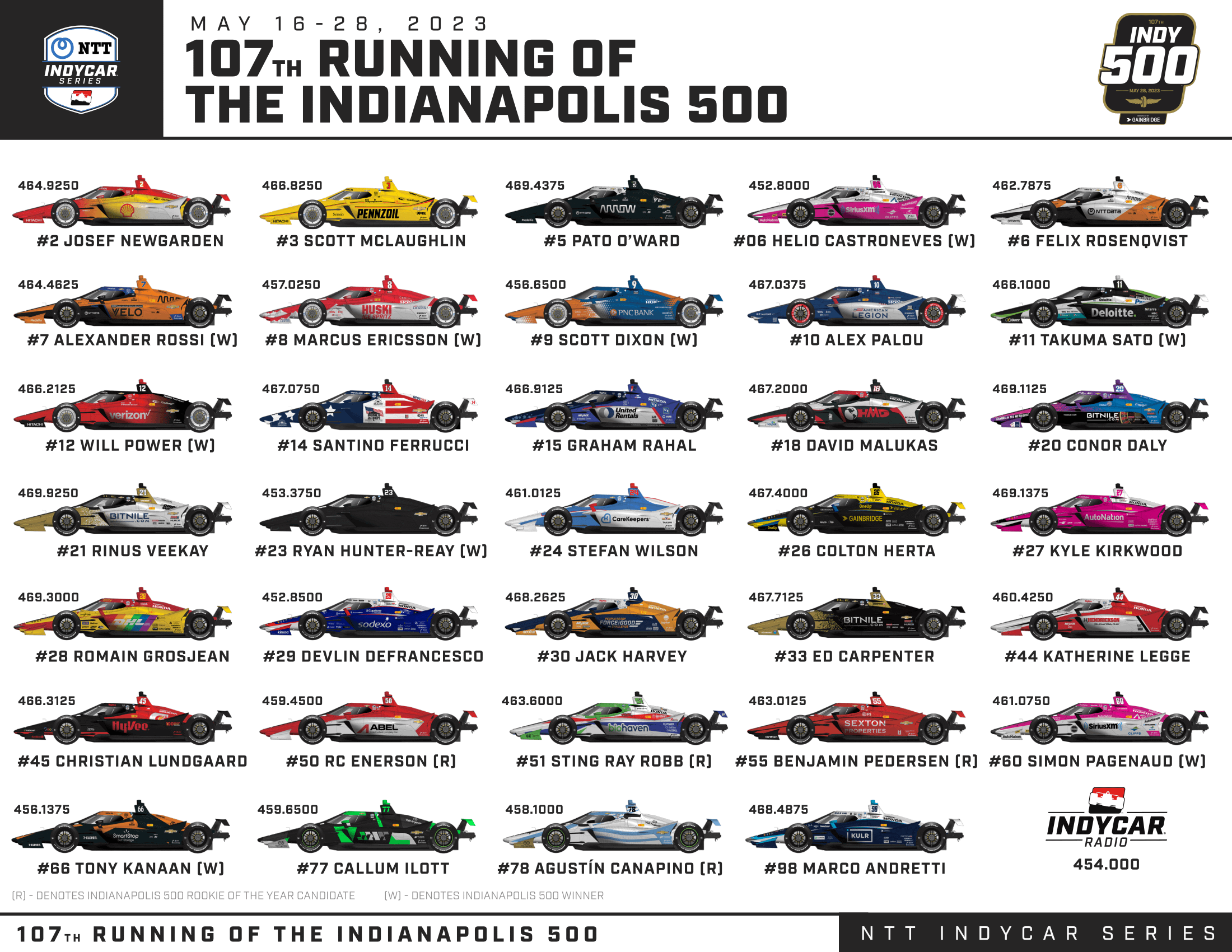 Indy Car 2025 5 Drivers Potentially Missing The Indianapolis 500
May 11, 2025
Indy Car 2025 5 Drivers Potentially Missing The Indianapolis 500
May 11, 2025 -
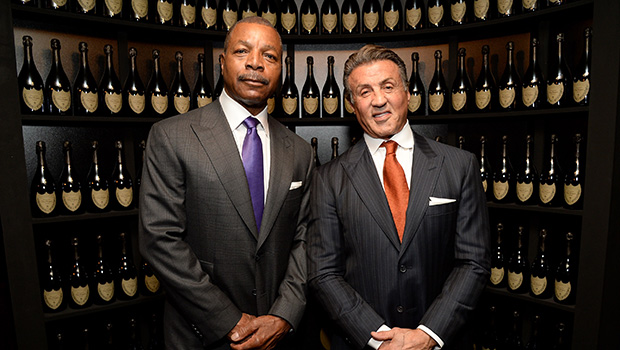 Stallones Pick The Most Emotional Rocky Film
May 11, 2025
Stallones Pick The Most Emotional Rocky Film
May 11, 2025 -
 Lily Collins Sexy New Calvin Klein Campaign Photos
May 11, 2025
Lily Collins Sexy New Calvin Klein Campaign Photos
May 11, 2025
